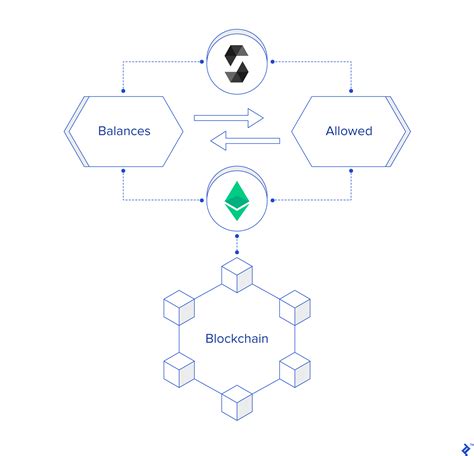“Unlocking the Power of Blockchain: Understanding Transaction Confirmation, ERC-20, and Smart Contracts”
In the rapidly evolving world of blockchain and cryptocurrency, three key concepts have emerged as essential components of the ecosystem: transaction confirmation, ERC-20, and smart contracts. These concepts work together to create a seamless and secure experience for users, allowing them to interact with decentralized applications (dApps) in a transparent and efficient manner.
Transaction Confirmation: The Heart of Blockchain
Transaction confirmation is the process by which a node on the blockchain network verifies that a transaction has been successfully transmitted and confirmed. This ensures that the transfer of assets or data from one party to another is secure and irreversible. In traditional systems, transactions are often manually processed by intermediaries, such as banks or payment processors. However, in blockchain networks, these transactions are carried out in real time without the need for intermediaries.
ERC-20: The Standard Token Standard
ERC-20 (Ethereum Standard Token) is a widely adopted token standard that allows developers to create custom tokens on the Ethereum blockchain. ERC-20 is based on the Ethereum Virtual Machine (EVM) and operates using a smart contract architecture. This standard allows the creation of unique tokens with specific properties, such as supply, price, and utility.
Smart Contracts: The Code Behind the Token
Smart contracts are self-executing contracts, with the terms of the agreement written directly into lines of code. They automate various tasks on the blockchain, such as payment processing, data storage, and event triggers. Smart contracts are stored and replicated on the blockchain, making them immutable and tamper-proof.
Like transaction confirmation, ERC-20 and smart contracts work together
Transaction confirmation is facilitated by a network of nodes that verify transactions and record them in a public ledger called a blockchain. Blockchain ensures that all transactions are secure, transparent, and irreversible. ERC-20 tokens are stored on the Ethereum blockchain, which provides a decentralized exchange for buying, selling, and trading these tokens.
Smart contracts allow developers to create complex logic and automate various tasks on the blockchain. For example, a smart contract can automatically perform payment processing when a transaction is received by the recipient’s wallet. This ensures that transactions are secure, fast, and transparent.
Benefits of Using Transaction Confirmation, ERC-20, and Smart Contracts
Using transaction confirmation, ERC-20, and smart contracts provides several benefits to users, including:
- More Security: Transaction confirmation and smart contracts ensure that transactions are secure and tamper-proof.
- Increased Efficiency: ERC-20 tokens facilitate fast and efficient processes for trading and transferring assets on the blockchain.
- Transparency

: Blockchain technology provides a transparent and immutable ledger of all transactions.
In conclusion, transaction confirmation, ERC-20, and smart contracts are essential components of the blockchain ecosystem. By understanding these concepts, developers and users can create secure, efficient, and transparent decentralized applications that leverage the power of blockchain technology.
